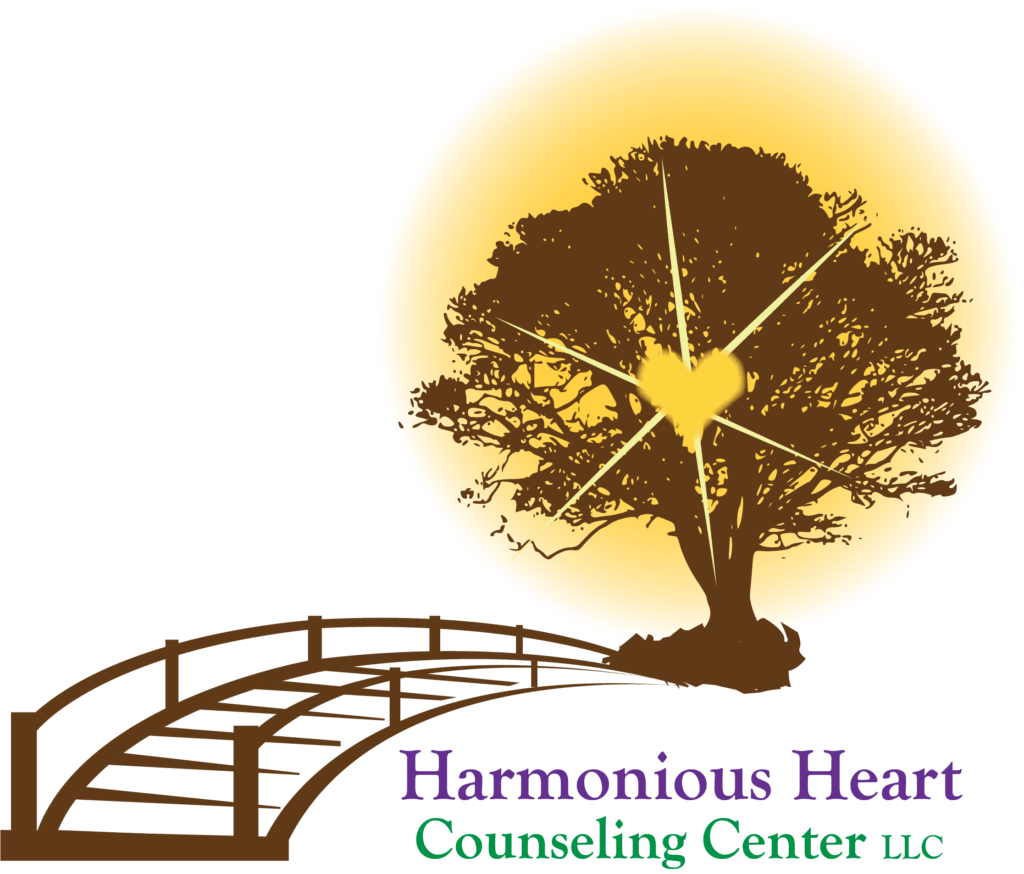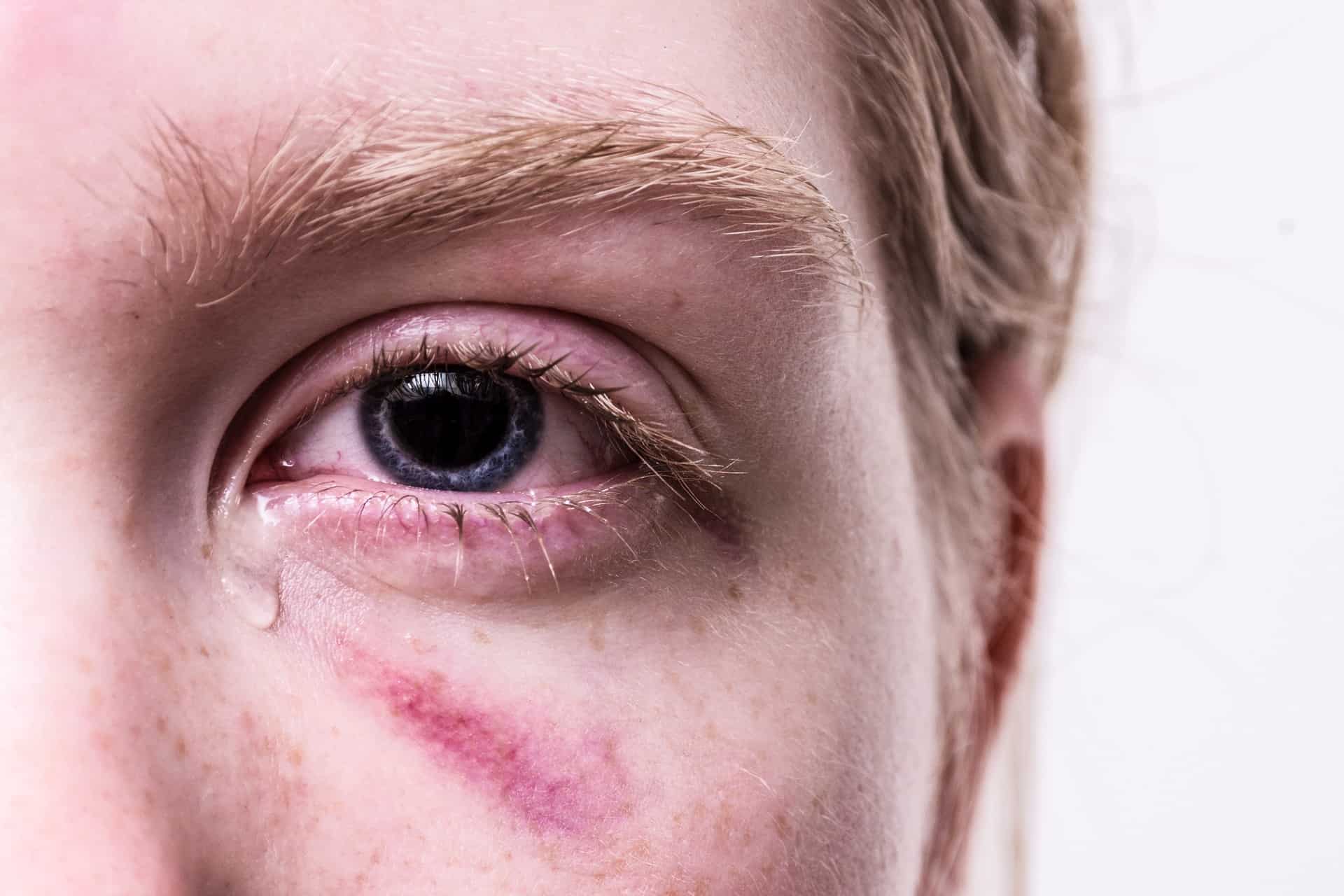Victim or Victor?
The easiest thing to do is to blame someone else for whatever you are experiencing in your life. After all, the other person wasn’t watching where they were driving and they hit you! Or, it was the kids who created a royal mess in the kitchen. Or, the boss who is always haranguing you. It is even easier if you can blame it on an act of God. By blaming someone else, you don’t have to feel any guilt or shame for what has just happened. This may allow you to feel at ease with the situation, but it also takes away your power. You are then stuck in the role of victim with life happening to you.
The concept of Esho Funi
What if you were to shift that concept and, instead, take total and complete responsibility for everything and anything that happens in your world? Because, the truth is, it would not have happened to you if you weren’t there.
The concept of Esho Funi was developed by Nichiren Daishonin, a 13th century Buddhist monk in Japan. Esho is a contraction of two words: eho means “the object” and “shoho means the living subject or something which performs activities associate with life” (Fundamentals of Buddhism, p. 57). Funi means two things in phenomena but only one thing as it is in itself. Or more simply put: two but not two.
To understand this concept a bit more clearly, think of a person and their shadow. The person and the shadow are clearly two different things. However, the shadow cannot exist without the person and the shadow cannot make an action without the person. At the same time, everything the person does is reflected by the shadow. In a similar way, an empowering shift happens when you think of EVERYTHING in your world or environment as a shadow to your personhood. If you were not there, there would be no personal environment for you. And, everything in your environment is there as a direct result of your existence. This empowering concept means that if you change, your environment will also change.
It is important to not massage this concept into a way to self blame. Blame is still blame and blaming oneself is one of the most destructive activities for the psyche. Rather, think of it as a chess board. You do something, so the environment responds to your action. Then, you get to do something else. The environment would not respond if you were not there to make the original action and vise versa.
I know what you are doing right now. You are thinking up a hundred million ways in which this is not true for you. Situations that would have happened whether you were there or not; events that you would never choose for yourself. A huge shift can happen when you ask yourself, “how does this serve me?” How am I benefited by placing blame on something or someone for this situation? As long as you want to place responsibility for any event outside of yourself, you are giving away your power. Furthermore, just as the environment has an effect on you, you also have an effect on your environment. Knowing this, you get to engage in activities that create your world in the way that works for you. You then give yourself the power instead of giving it away.
Here is a dynamic example
No one really knows with absolute certainty what happens when we die. There are books written about “going into the light,” meeting up with loved ones who have passed away, and Tibet Buddhists believe they can find the next Dali Lama who has lived previously. We all have our thoughts and beliefs on the subject of death.
What if, as the SGI Buddhists postulate, we really are reincarnated and we get to choose what we want to be before we are born. How would your attitude about your life shift if you thought you chose what era to be born into, who your parents and siblings were going to be, what economic class you were born to and in what part of the world; even what personality quirks you would manifest? Many people counter that invitation with, “I would never have chosen to be abused! (or poor, or oppressed, or …. whatever). But, what if you did? What if, while you were an enlightened spark waiting to get into a body, you decided you wanted to tackle some huge problems. You wanted to show other people who have been abused how to make life happy not just despite that fact, but because of it? What if you chose to be born very poor because, as an enlightened soul, you wanted to help other people who are very, very poor still live a happy life? What kind of shift would you be able to make in your life with the belief that you chose everything in your life down to the most minute detail?

